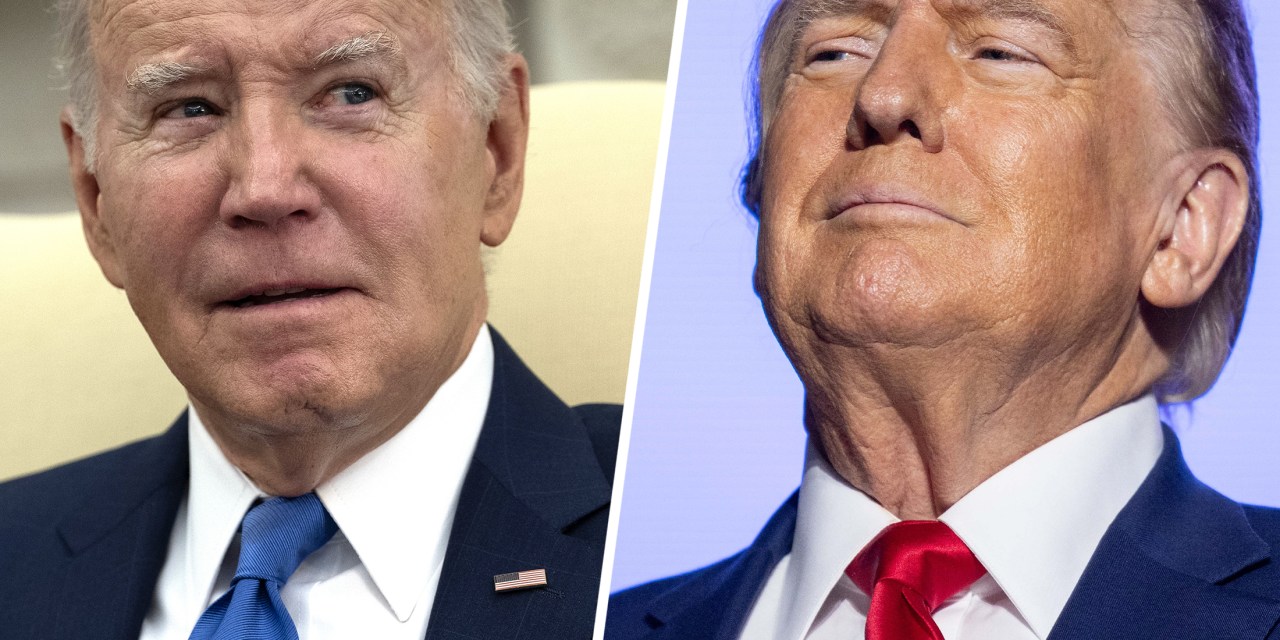A book that I didn't notice over the summer when it was published and have just become aware of is the slightly-awkwardly titled
Moments That... Could've Changed Football Forever: What If..? by Peter Prickett and Peter Thornton, published by niche football publishing house Pitch Publishing.
I've not yet purchased a copy, but probably will to give a full review at some point, because I'm greatly in favour of alternate football history. The chapters are:
- What if Eric Cantona hadn't retired?
- What if there was no offside law?
- What if Celtic and Rangers had joined the Premier League?
- What if Ronaldo and Messi had played together?
- What if Tom Finney had been born in a different era?
- What if Pelé had played in Europe?
- What if Brazil 1970 played Spain 2008-12 [To paraphrase (aprocrpyhally?) Pelé 'Brazil would win 1-0. That's a close game, but you have to remember that most of the Brazil team are over 75 now.']
- What if Pep Guardiola managed in League Two
- What if England had built their team around Glenn Hoddle?
- What if these crazy transfers had actually happened?
- What if the Champions League was still for champions only?
- What if English clubs had not been banned from Europe in 1985?
- What if Steven Gerrard had signed for Chelsea?
- What if Brian Clough had managed England?
- What if Ajax never sold?
- What if football had a linear champion like boxing?
- What if the Munich air crash never happened?
- What if an African team win the World Cup?
- What if Hungary 1954 played Holland 1974?
- What if the ref had called it right?
- What if Paul Gascoigne had scored in the Euro 96 semi-final?
- What if we restructured English football?
- What if Michael Owen had stayed fit?
- What if soccer had become the national sport of the USA?
- What if Roman Abramovich buys Spurs instead of Chelsea?
- What if Jimmy Greaves had stayed fit during the 1966 World Cup finals?
- What if Real Madrid Galacticos 1960 played Real Madrid Galacticos 2002?
- What if technology took over from the referee?
There's some really interesting PODs in there, some of which are fantastical (the match-ups - in the introduction the authors say, "It's because our background is coaching" which I think are more a look at different coaching methods with a focus.), and only a couple that worry me - "What if football had a linear champion" concerns me that it will just outline the Unofficial Football World Championships, without considering the effect that a linear championship would have had on football; similarly "What if the Champions League was still for champions only?"
I'll update further once I have read the whole book, but someone might get there first.
An enterprising blog editor such as
@David Flin might see if either Peter might be enticed to discuss the book with them too!


